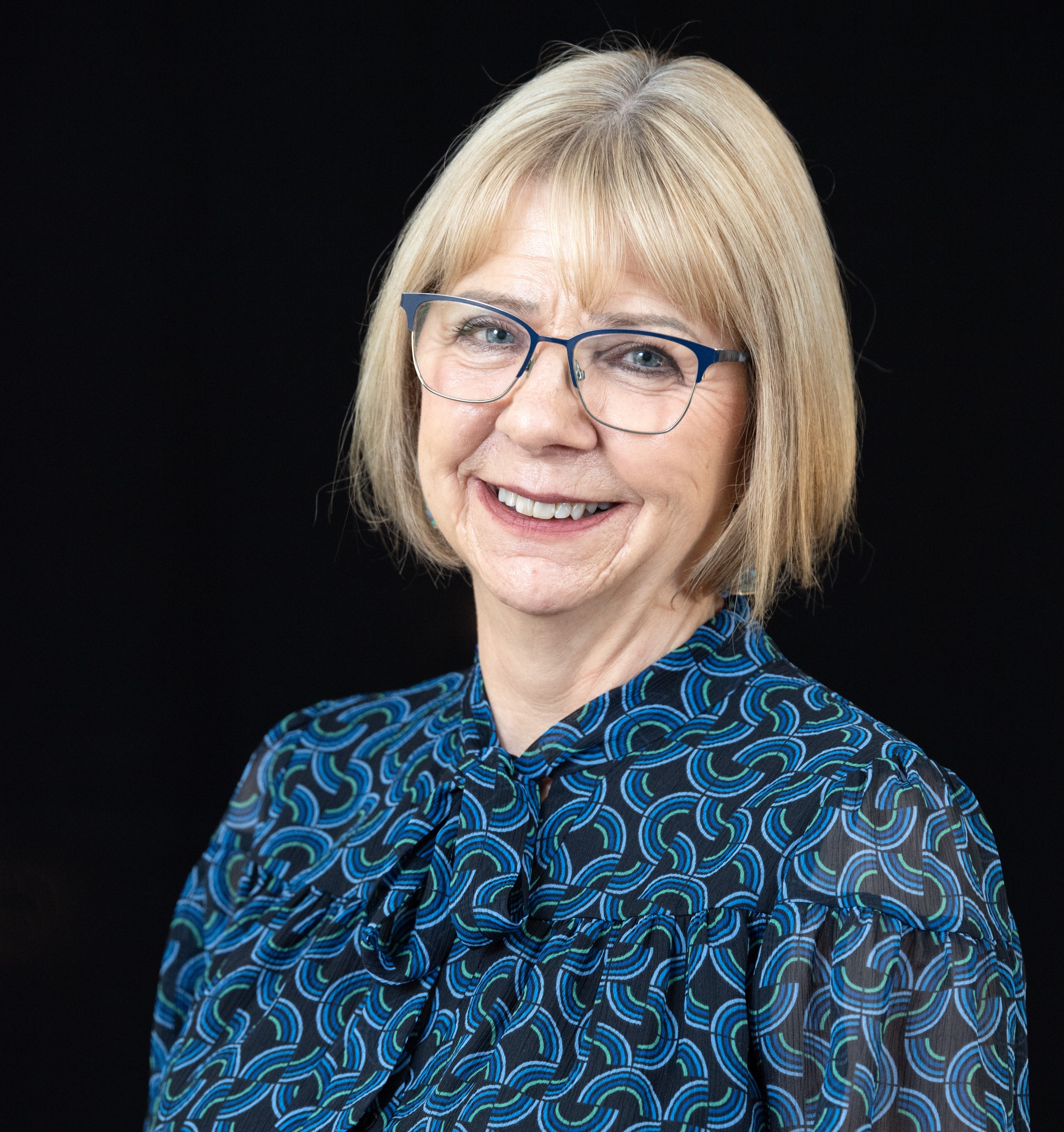
Professor of community nursing
A professor of community nursing is an internationally recognised academic who is experienced leading research teams and will be a leader in their field. They will have made a significant contribution to their specialist area and will play a senior role in the university where they work. A professor of community nursing will supervise PhD students, write for publication, teach on a variety of educational programmes, and mentor other academic colleagues.

Catriona Kennedy
At the beginning of my career in the 1970s I always wanted to work in the community. It seemed to me caring for, and supporting people at home, was likely to improve their outcomes given the strong connections between physical, mental and psychosocial health. After a short period working in acute care, I moved to district nursing and worked in a range of posts in Greater Glasgow and Argyll and Clyde Health Boards.
It was never my intention to move to academia and pursue a research career – it just happened! I was given the opportunity to complete the Practical Work Teachers course and enjoyed it so much I embarked on topping up my Diploma in Nursing to an Honours Degree (part-time) at Glasgow Caledonian University. In my final year, 1991, the QNIS advertised the post of Advanced Practitioner/Lecturer in District Nursing at Queen Margaret University. I decided to apply, didn’t expect to get the job but soon found myself moving with my family from the west to the east of Scotland.
A steep learning curve ensued as I came to grips with an academic post which combined a role in developing district nursing education. For the first six months I wondered if I had done the right thing. I really missed the patient contact and soon realised how much feedback we get in the moment when working with people and their families. In education, feedback from students can be different and takes much longer as they work though their studies.
However, I did stick with it and noticing some differences in the realities of what we were teaching with the world of practice I had recently left behind was the catalyst for my PhD (1996–2000). I judged the district nursing textbooks of the day that did not capture the knowledge and skills in DN first assessment visits and the decision-making involved in planning care and support. I was curious to find out more and my PhD was an ethnographic study which involved me working with and observing DNs as they conducted first assessment visits followed by an interview. I was very fortunate to have excellent supervision from Dr Lisbeth Hockey, Prof Jean McIntosh and Dr Phil Runciman – all of whom were well connected to QNIS. Following completion of my PhD, I was hooked on research and appreciated its role in understanding the knowledge embedded in practice and the importance of lived experiences.
I have worked in a range of academic posts, and they all have one thing in common; a focus on developing research capacity and capability. I’ve worked with Marie Curie Education Department, Edinburgh Napier University and the University of Limerick in the Republic of Ireland. I returned to Scotland from Ireland in 2016 and have since worked at Robert Gordon University in Aberdeen. In 2016 I was given the title of the QNIS Professor of Community Nursing – something I am very proud of.
Each of these posts has given me a range of experiences, new people to meet and work with and opportunities to contribute to research linked to nursing. A highlight for me is supervising PhD and research students. To date I have supervised 18 students to successful completion of studies linked to a broad range of community nursing/health topics. My own research and publications span my interests in palliative and end of life care, management of long-term conditions, health inequalities and wellbeing.
Many universities across the UK are struggling to recruit student nurses. I think this is sad. Despite the challenges, nursing is a wonderful career and can provide endless opportunities. Let’s get that message out there – whether it’s through touching the lives of people and families experiencing difficult times, working at advanced levels of practice in management, leadership, education and/or research, nursing is a brilliant career choice.